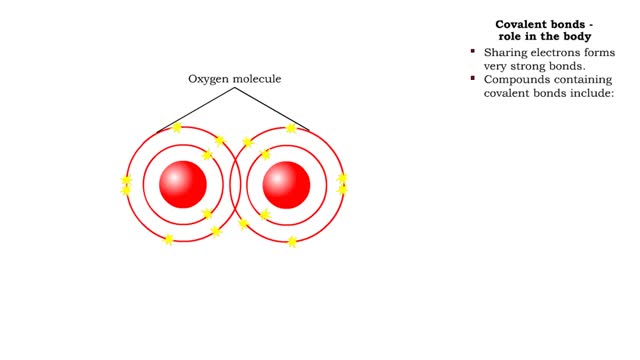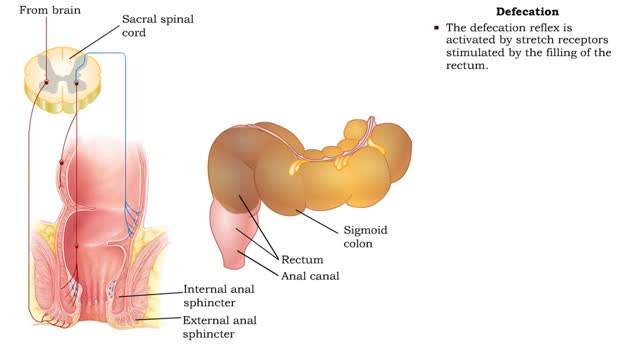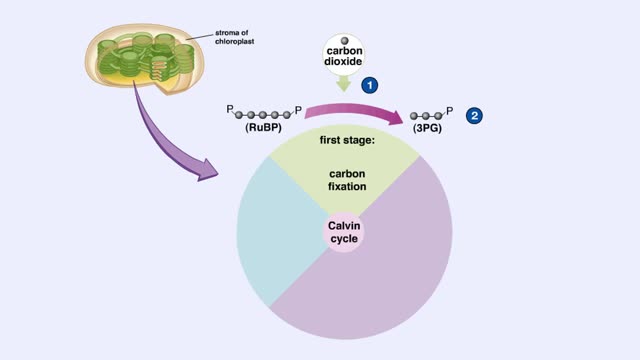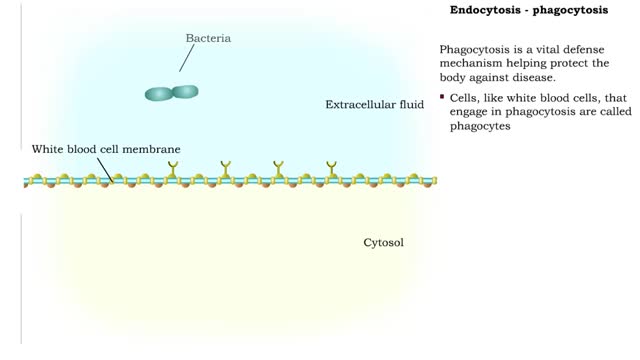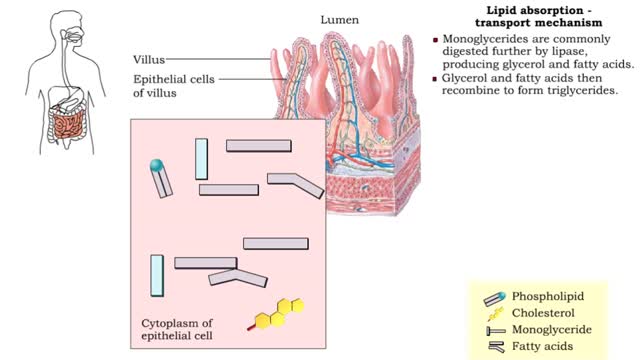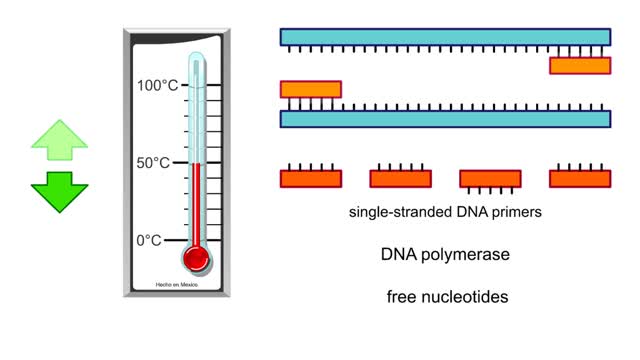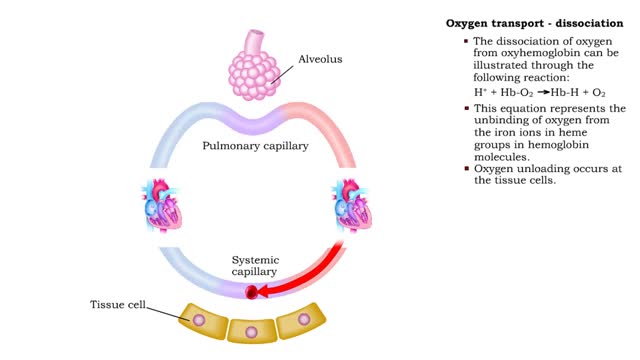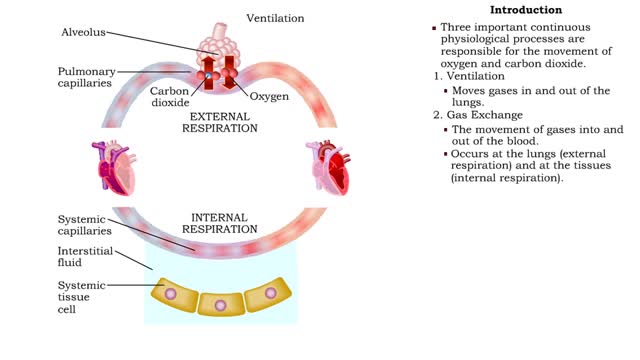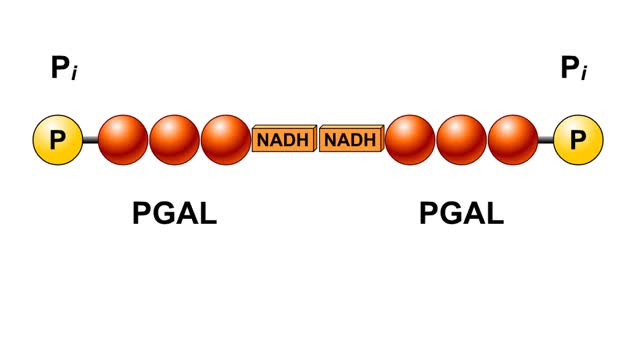Search Results
Results for: 'homeworkclinic.com'
Covalent bonds - role in the body
By: HWC, Views: 10819
A covalent bond is formed when atoms share one or more pairs of electrons. This is opposed to an ionic bond, where electrons are actually transferred from one atom to another. Formation • Atoms fill up the outer orbital by sharing electrons. • Two oxygen atoms sharing electrons form on...
Haustral churning, Gastrocolic reflex and mass peristalsis & Defecation
By: HWC, Views: 11199
• As the cecum becomes filled and distends, a local reflex causes: • Closure of the ileocecal valve. • Activation of haustral churning. • Haustral churning mixes the chyme, which helps absorption of water, salts, and vitamins. • Haustral churning propels the contents of the colo...
Calvin cycle (The light-independent reactions )
By: HWC, Views: 10674
The light-independent reactions of photosynthesis occur in the stroma of the chloroplast. Carbon dioxide enters the leaf through tiny pores or stomata and diffuses into the chloroplast. The first stage of the Calvin cycle is the attachment of a carbon dioxide molecule to a 5-carbon ribulose bi...
Endocytosis -Types and Phagocytosis
By: HWC, Views: 10904
Endocytosis is the process by which a substance is brought inside a cell without having to pass through the cell membrane. It is the opposite of endocytosis, the process by which substances exit the cell without having to pass through the cell membrane. Exocytosis – membrane-enclosed secret...
Lipid absorption - end products & transport mechanism
By: HWC, Views: 10467
• The end products, fatty acids and monoglycerides, depend on bile salts for absorption. • Bile salts form micelles (tiny spheres), which ferry fatty acids and monoglycerides to epithelial cells. • Free fatty acids, monoglycerides, and some phospholipids and cholesterol molecules, dif...
Polymerase chain reaction PCR - Animation
By: HWC, Views: 4815
Polymerase chain reaction (PCR) is a method that amplifies fragments of DNA. The purpose of PCR is to create copies of a specific region of DNA. To use this technique, researchers must know the base sequences at either end of the region of interest. They use this information to create...
Oxygen transport: association and dissociation & Factors that affect hemoglobin's saturation with O2
By: HWC, Views: 10778
• The production of oxyhemoglobin can be illustrated through the following reaction: 02 + Hb-H --) Hb-02 + H+ • This equation represents the binding of oxygen to the iron ions in heme groups in hemoglobin molecules. • Oxygen binding or loading occurs at the lungs • The dissociatio...
By: HWC, Views: 10868
• The respiratory system is responsible for the movement of gases involved in cellular metabolism. • Oxygen is used up and carbon dioxide is generated during the aerobic breakdown of glucose and other fuel molecules in order to produce ATP. • Three important continuous physiological pro...
By: HWC, Views: 4864
In glycolysis, a six-carbon glucose molecule is split into two three-carbon pyruvate molecules. In this animation, each carbon molecule is represented by a red ball. The end products of glycolysis are two molecules of pyruvate. Glycolysis is the breakdown of glucose into two molecules of ...
Advertisement



